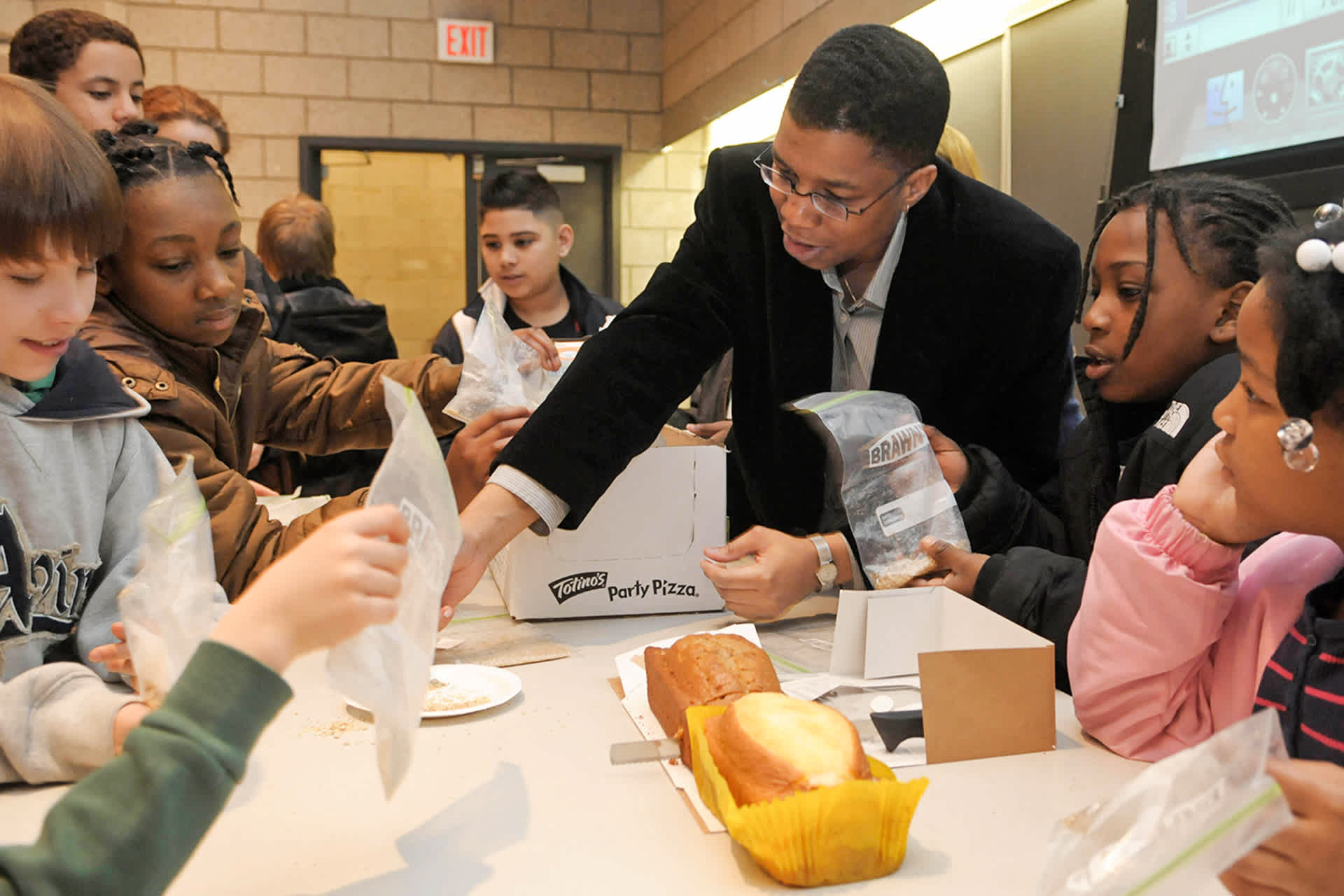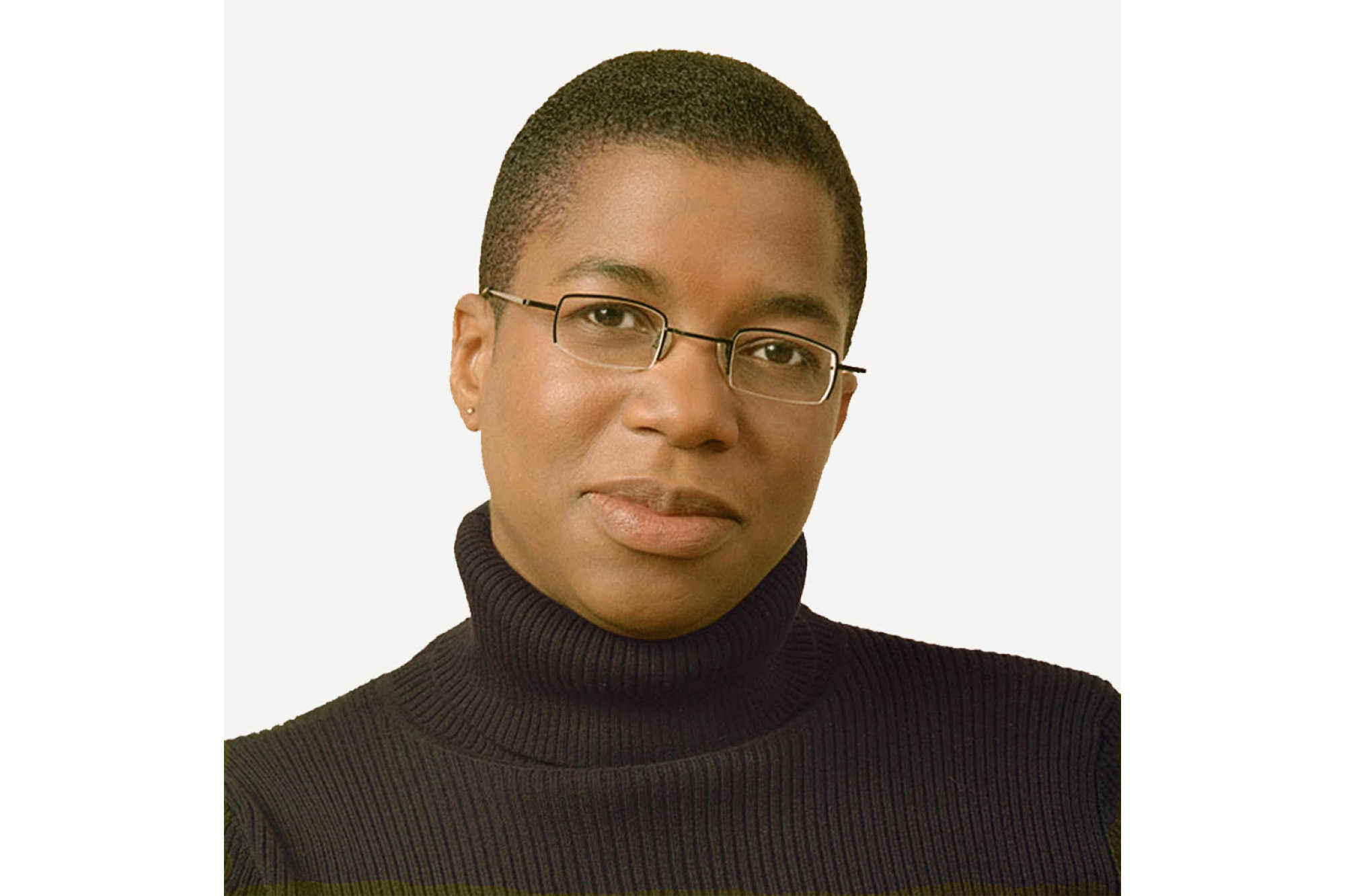Real Talk with Ainissa Ramirez

TFK Kid Reporter Donnell Meekins talks with scientist and author Ainissa Ramirez about how science has shaped our world, and how it might shape the future.
Your book The Alchemy of Us is about inventions. Why are you interested in inventions?
As a materials scientist, I like making things. If you’re making an airplane, a materials scientist has to decide: What’s the best material for the job? So I am interested in other people’s inventions, because they can help me figure out how to make new things.
Why is it important to get people excited about science?
Most of the big questions in our world involve science. I think if people knew more about science, they would feel more connected to the world.
What’s one big problem science could help solve?
Climate change is something we need to work on. We need better green technology, like solar cells, so we can use energy from the sun, and better magnets, so that wind turbines can make energy more efficiently.

You’ve written about bias in technology. Can you explain what that is?
Here’s an example. Some water faucets have a light sensor that detects your hand. But that sensor may be designed only for lighter skin. If I were to put my hand in front of it, water wouldn’t come out. Whoever made this sensor probably tested it on themselves and their friends. But they didn’t test it on someone who had a different color skin. That’s why we need to have people with a range of experiences working on projects.
I read that a TV show inspired you to become a scientist. Can you talk about that?
Yes. The show was called 3-2-1 Contact. It had kids solving problems. One of the kids was an African-American girl. When I was growing up, you didn’t see a lot of African-American people portrayed in a positive way on television. This girl was using her brain. I said, “That’s what I want to do.”
What can science fiction teach us about science?
Science fiction can help us imagine the future. It can be a map that shows us which way we should go with technology, and which way we should not go.
How is science related to other school subjects, like art or English?
We separate subjects in school, but in life, they are not separated. Science happens in history. It touches culture. Scientists can be influenced by art or writing.
What advice would you offer a budding scientist?
If science class gets hard, tell a teacher right away. Everyone should get a shot at science. Find other people who like science, and encourage one another. And the next time something breaks at home, ask your parents, “Can we take this apart?” Just to see how things work.
This interview has been edited for length and clarity. It was originally published in TIME for Kids on March 11, 2021.


